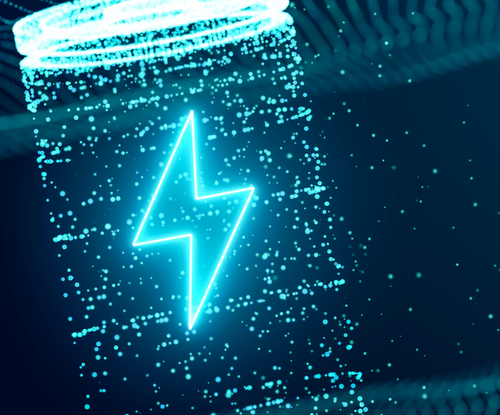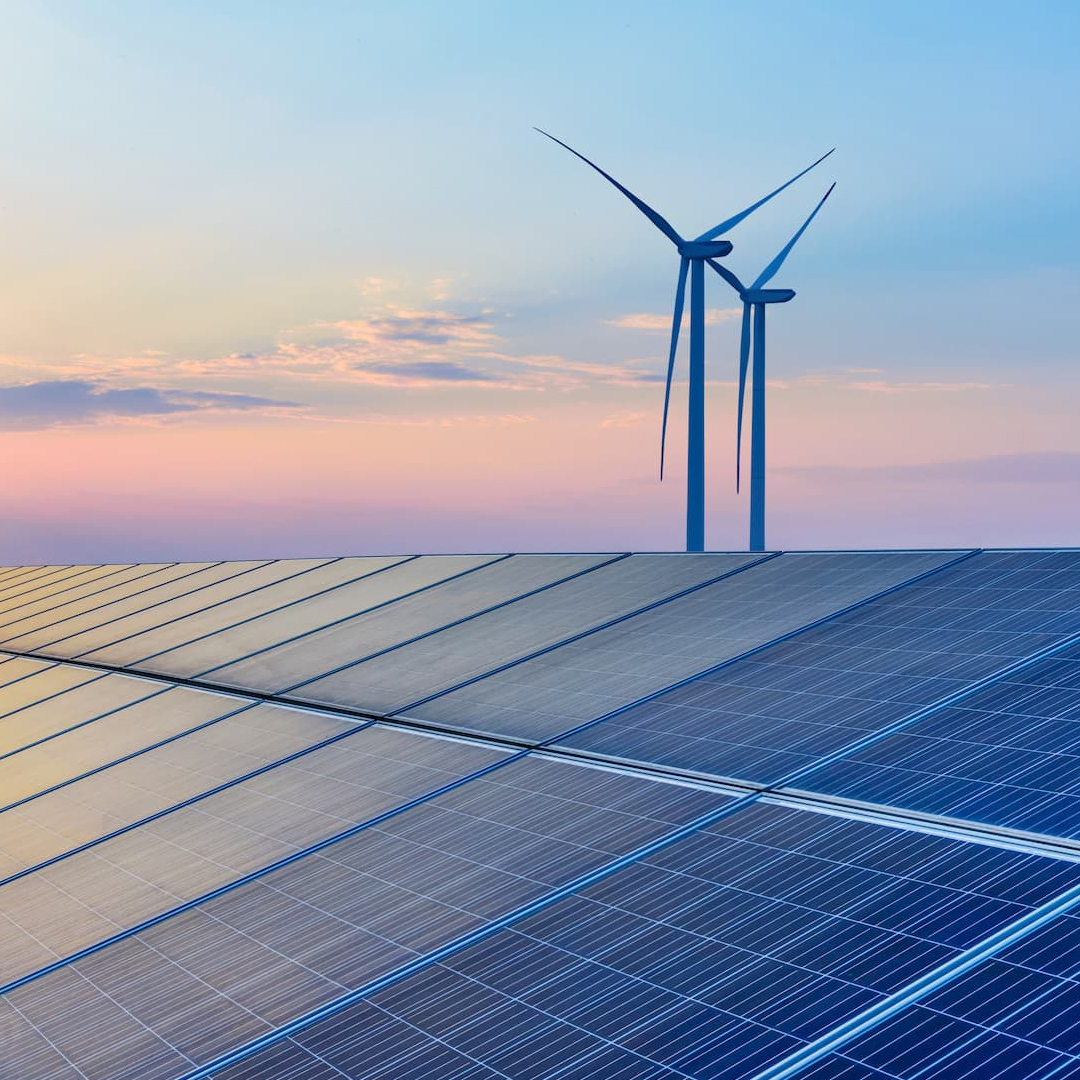NEW | GB Battery Revenue Forecast
A 25-year forecast of indicative revenues for battery storage assets in the GB market, forecasting the highest possible net revenue for your battery assets. Utilising our Benchmark Power Curve to produce input forecasts for key revenue streams.





















